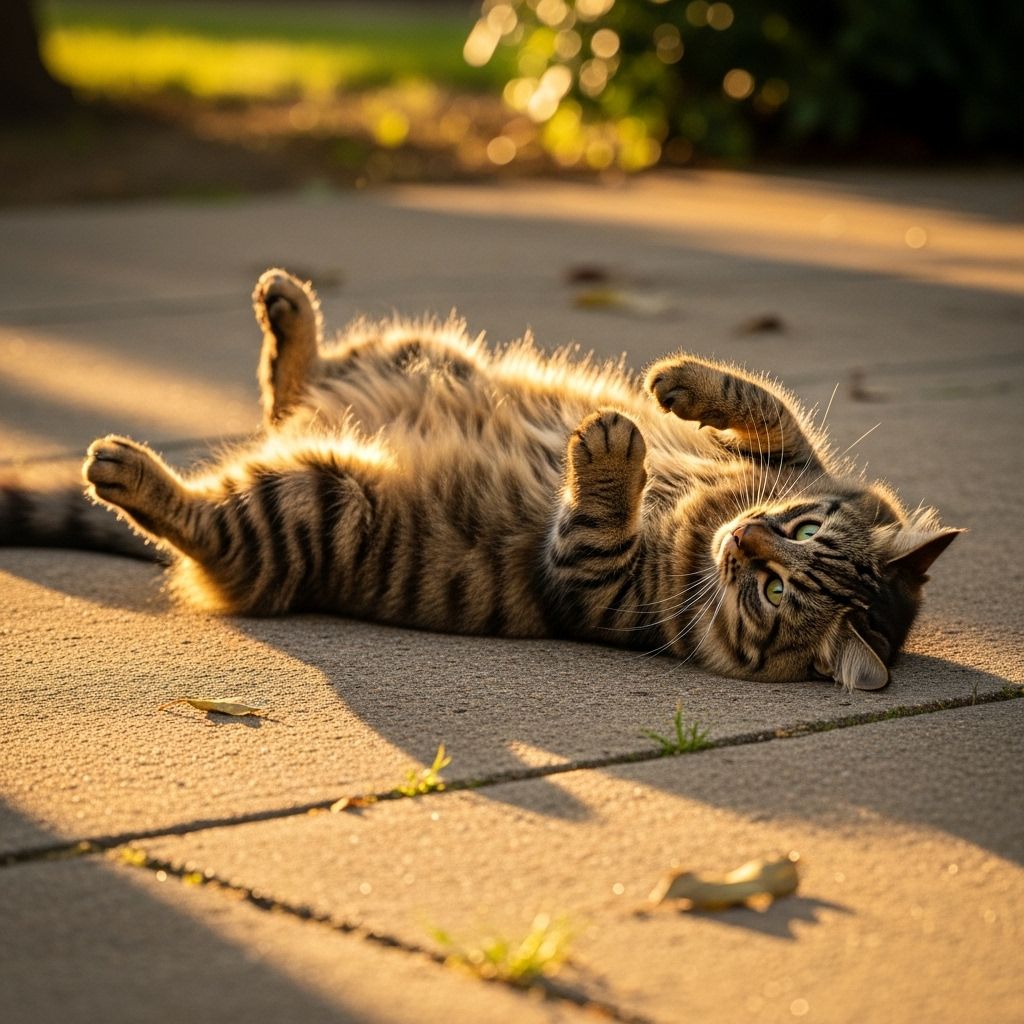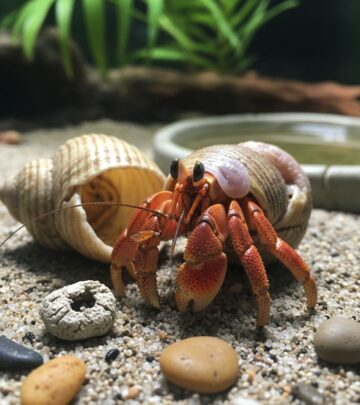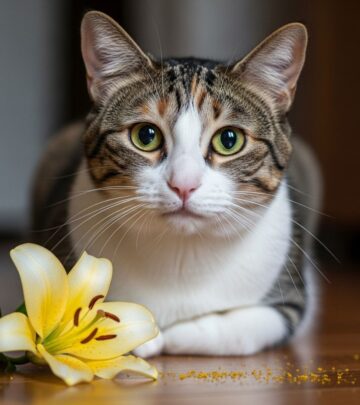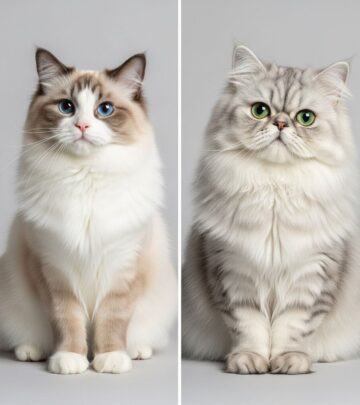Why Cats Roll on Concrete
Unraveling the Mysteries Behind Feline Rolling Behavior on Concrete Surfaces

Introduction to Cat Rolling Behavior
Cats are known for their mysterious and intriguing behaviors, and one of the most fascinating is their tendency to roll on concrete surfaces. This behavior is not just a quirk; it serves several important purposes for your feline friend. Whether it’s about marking territory, seeking comfort, or expressing joy, understanding why cats roll on concrete can provide valuable insights into their physical and emotional well-being.
Reasons for Cat Rolling on Concrete
Cats engage in rolling behavior for a variety of reasons, each tied to their natural instincts and needs. Here are some of the key reasons: 1.
Territory Marking
Cats have scent glands located on their faces, paws, and near the base of their tails. When they roll on surfaces like concrete, they leave behind their unique scent signature, effectively saying “this is my space” to other cats in the area. This scent-marking behavior is crucial for establishing their territory and communicating with other felines. 2.Itch Scratching
Rolling on concrete can provide a pleasant scratching sensation, helping cats to relieve itches they can’t reach otherwise. This behavior is especially useful for eliminating parasites or plant debris stuck to their coats. 3.Temperature Regulation
Cats often seek out concrete surfaces to regulate their body temperature. On hot days, the cool concrete can offer relief from the heat, while on cooler days, the sun-warmed concrete can provide a comfortable spot for warmth. 4.Showing Submission
When cats roll onto their backs, they may be signaling submission or trust. This behavior, often seen in the presence of owners or other cats, indicates that the cat feels safe and comfortable in its environment. 5.Scent Attraction
Cats are highly sensitive to smells, and they might roll on concrete if they detect an appealing scent, such as another cat’s pheromones or even urine from other animals. 6.Parasites
Itchiness caused by parasites like fleas or mites can lead cats to roll around in an attempt to scratch hard-to-reach areas. This behavior can be a sign of discomfort or distress, requiring veterinary attention. 7.Catnip Influence
If your cat has recently been exposed to catnip, it might roll around wildly due to the euphoric effects of the herb. 8.Attention and Playfulness
Cats often roll around to initiate play or seek attention from their owners. This behavior can be a social invitation and indicates trust and comfort in their environment.Health Considerations
–
Female Cats in Heat:
Female cats may roll more frequently when in heat, accompanied by vocalizations and rubbing behaviors.-Mating Behavior:
Rolling can intensify after mating as part of the feline reproductive cycle.-Pain or Discomfort:
Cats might roll to alleviate discomfort caused by skin issues, parasites, or internal health problems like urinary tract infections.Conclusion
Understanding why your cat rolls on concrete can deepen your connection with your pet and help you better address their needs. Whether it’s about marking territory, finding relief from the heat, or just expressing joy, this behavior is an integral part of feline communication and well-being.
Frequently Asked Questions (FAQs)
Q: Why do cats roll on concrete?
Cats roll on concrete for several reasons, including territory marking, temperature regulation, itch relief, and scent attraction.
Q: Is rolling on concrete a sign of health issues?
While rolling can be a normal behavior, it may sometimes indicate health issues like parasites or discomfort. If accompanied by signs of distress, consult a veterinarian.
Q: How can I encourage healthy rolling behavior in my cat?
Ensure your cat has safe surfaces to roll on, maintain regular grooming and health checks, and provide ample opportunities for exercise and play.
Q: Can cats roll on concrete as a form of play?
Yes, cats may roll on concrete to initiate play or seek attention. This can be a sign of trust and comfort in their environment.
Read full bio of medha deb












